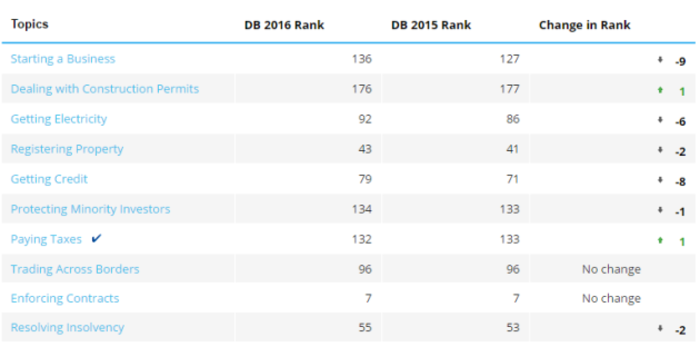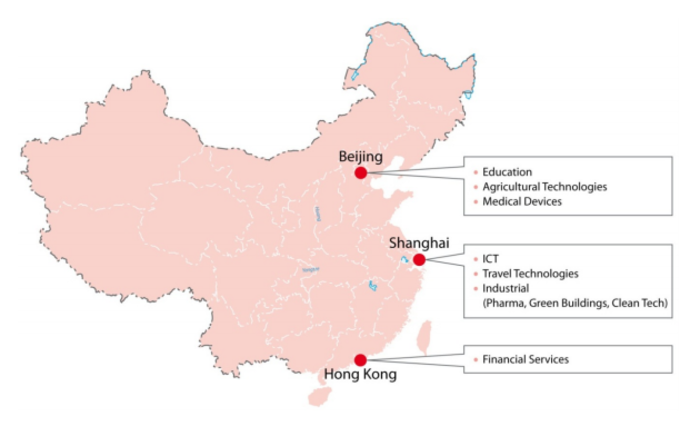Scaling the great wall of red tape with Ireland's men in China
There’s a huge market to be tapped into in the Middle Kingdom – but it’s not for everyone.
DESPITE THE LANGUAGE barrier and a reputation for Byzantine bureaucracy, China is the market many Irish firms dream of being able to crack.
Dairy and ingredients giant Glanbia has been pushing its Avonmore milk brand into the country, while aircraft leasing firm Avolon was recently taken over by Chinese company Bohai Leasing for $7.6 billion.
Ian Carroll, who chairs the Irish Chamber of Commerce in Hong Kong, said while the large players had “world-class” operations in the country, it could be difficult to convince smaller operators to set up outposts in China.
“They see China as a dodgy place to do business. They are worried they won’t get paid,” he said.
“They are much more comfortable dealing with English-speaking countries and see them as their main markets. Ultimately to export to China or Hong Kong, it is just as easy as to the US.”
Red tape
At present, China ranks 84th on the World Bank Group ease of doing business index, behind countries like the war-torn Ukraine.
 Summary of Doing Business 2016 data for China
Summary of Doing Business 2016 data for China
Last year the mass arrests of 16 individuals working in the Chinese financial sector did nothing to ease the fears of those already twitchy about doing business in the Middle Kingdom.
Enterprise Ireland director of China David Byrne said the country was a unique place in which to do business, but Irish companies encountered surprisingly few roadblocks in his experience.
“Market stability is important in any economy; however, one needs to bear in mind what China is trying to achieve in terms of opening up its markets in a relatively short time frame,” he said.
“By and large these issues do not hugely impact on the majority of companies doing business in China and we have no direct reports of adverse effects on our client companies.”
However, trying to get a foothold in the country isn’t for everyone. Byrne said China is not the best option for first-time exporters and generally a business should consider “cutting its teeth” somewhere else first.
He said there is red tape that businesses need to get around and Irish companies looking to branch out in the region should find local experts to help them crack the market.
With that in mind, the semi-state agency has hired Chinese staff with in-depth knowledge of Chinese systems to assist its clients with tricky paperwork. Nevertheless, he said problems with the nation’s bureaucracy were improving.
“China is opening up and in the new five-year plan (China) announced its intent to open up further to foreign markets and companies,” he said.
“It’s an evolution and we hope things proceed as the Chinese government have outlined, but that is going to take some years.”
Expansion zones
Enterprise Ireland has been aiding about 300 companies in the country across a broad range of sectors. The value of local trade among those firms in 2014 was €630 million with double-digit growth expected for last year.
 Key areas that Enterprise Ireland is targeting
Key areas that Enterprise Ireland is targeting
Byrne said there was an emphasis on building on Irish offerings like agri-technology that had already performed well in the Chinese market.






